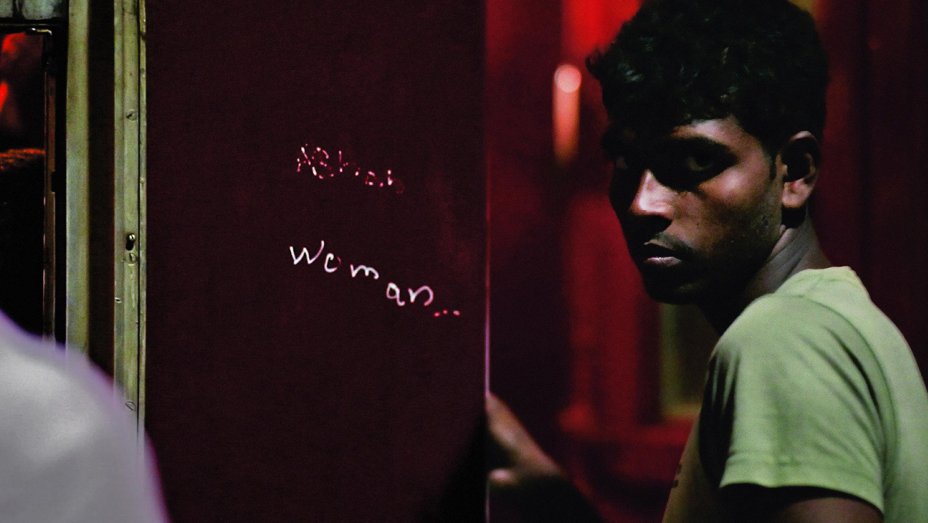Featured image courtesy the Hollywood Reporter
On October 2, Director of the documentary film “Demons in Paradise” Jude Ratnam issued a press release, noting that his documentary had been pulled from the programme of the Jaffna International Cinema Festival.
Ratnam wrote to the Festival Director requesting an explanation, having heard that the movie was removed upon request from ‘the community’.
“Demons in Paradise” begins with the director’s personal memory of leaving Colombo by train in July 1983. Ratnam was 5.
“I didn’t know that we were fleeing Colombo as refugees” he says.
Years later, Ratnam takes the same train as an adult, reflecting on that day and the conflict that followed. Ratnam’s directorial debut was premiered at the Cannes International Festival, and was subsequently screened at several locations in Colombo. Rather than focusing on what was expected – the violence between the military and a terrorist group, and the resulting fractures created between ethnicities – Ratnam also attempts to delve into the violence between the different rebel groups. Perhaps the most interesting part of the film occurs when a group of former militants sits around a flickering fire, recalling violence wrought between the Liberation Tigers of Tamil Eelam and militant group Tamil Eelam Liberation Organisation (TELO).
In a piece in the Hindustan Times, it was said that Ratnam was worried at how the movie would be perceived by the Tamil community. Although acknowledging the suffering of the Tamil community, Ratnam was ‘shattering a taboo’, the Hindustan Times posited, by interrogating the violence perpetrated by the LTTE.
Following its debut, ‘Demons in Paradise’ received some criticism on framing. The Hollywood Reporter notes that the film is very much ‘eye-level’ i.e. a personal viewpoint of the conflict, and often glosses over important details that a local viewer would intuitively understand, but that would be missed by a foreigner. Many of the scenes where subjects relived memories of the conflict were physically re-enacted, which while meant to add visual drama, ended up feeling forced, as the review above notes. These finer points however, were lost in the ensuing discussion, especially so due to a BBC interview where Ratnam was quoted saying that he ‘wanted [the war] to end… even if my own people had to be killed’. (In his response to Festival Director Anoma Rajakaruna, Ratnam pointed out that this was actually a quote from the film, taken out of context.)
The conversations on Twitter in reaction to the film being pulled from the Festival line-up revealed a range of perspectives.
Groundviews believes the conversation is an important one, and one worth preserving. We used Twitter’s ‘Moments’ feature, to capture some of the discussion.
Note: This piece has been edited to add Ratnam’s response to Anoma Rajakaruna on the out-of-context quote cited in the BBC interview. We regret the omission.
Click here to view them, or scroll below.
